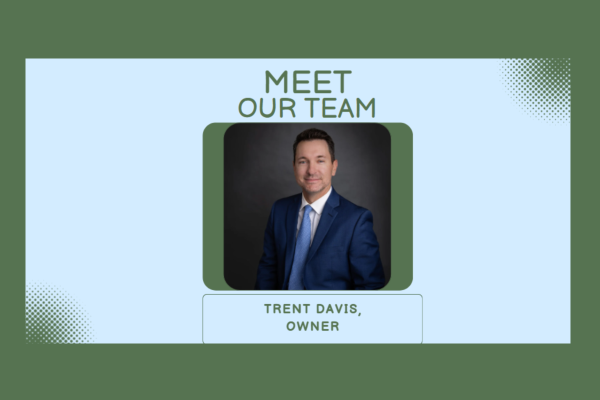
When Alzheimer's disease enters a family's life, one of the most heartbreaking challenges is watching communication gradually become more difficult. Words that once flowed easily begin to falter, memories fade, and connections that seemed unbreakable start to feel fragile. However, caregivers specifically trained in Alzheimer's home care can help families maintain meaningful connections throughout every stage of this challenging journey.
Understanding How Communication Is Affected
Alzheimer's disease affects communication in predictable yet deeply personal ways. In the early stages, seniors may struggle to find the right words or repeat themselves frequently. As the disease progresses, abstract thinking becomes more difficult, and eventually, verbal communication may become severely limited. Trained caregivers understand these patterns and can guide families through each transition with patience and expertise.
These professionals also recognize that communication extends far beyond spoken words. They help families discover new languages of connection through touch, music, art, and shared activities. For instance, when traditional conversation becomes challenging, a caregiver might suggest looking through photo albums together, playing familiar music, or engaging in simple, repetitive tasks that create opportunities for non-verbal bonding.
Early Stage Support: Preserving Dignity and Connection
During the mild cognitive impairment phase, trained caregivers focus on maintaining the senior's independence while subtly supporting communication. They teach family members techniques like allowing extra time for responses, using simple sentences, and avoiding corrections that might cause frustration or embarrassment. Caregivers also help families establish routines and systems that support successful interactions, such as having conversations in quiet environments free from distractions.
Perhaps most importantly, caregivers help family members understand that the person they love is still there, even when communication becomes more challenging. They provide strategies for focusing on emotional connections rather than perfect conversation, encouraging families to validate feelings rather than facts.
Middle Stage Adaptations: Creative Communication Strategies
As Alzheimer's progresses to moderate stages, caregivers become increasingly creative in facilitating communication. They might introduce visual aids and use gestures and body language more intentionally, or help families create "memory boxes" filled with meaningful objects that can spark recognition and conversation.
Those trained in Alzheimer’s home care might also serve as interpreters, helping family members understand that repetitive questions or statements often reflect underlying emotional needs rather than simple confusion. For example, a caregiver might recognize that constant asking about going home actually expresses a desire for comfort and security, then guide the family toward responses that address these deeper needs.
Advanced Stage Connections: Beyond Words
In the later stages of Alzheimer's, when verbal communication may be minimal, caregivers help families discover alternative ways to maintain connection, as they understand the continued importance of sensory experiences, gentle touch, and familiar voices. They can also help loved ones recognize and respond to nonverbal cues, subtle changes in facial expression, or moments of clarity that may still occur. This lets loved ones know that communication continues to be possible and meaningful, even when it looks different from previous interactions.
Ultimately, caregivers trained in Alzheimer's home care provide families with something invaluable: the knowledge that love and connection can persist throughout the entire journey.
If you or an aging loved one are considering Alzheimer's home care in Park City, UT please contact the caring staff at Home Instead today! (801) 266-9444
Home Instead provides exceptional home care in Salt Lake City, Murray, Holladay, Cotton Wood Heights, Sandy, Draper, Park City, Mt Olympus, Millcreek, Midvale and surrounding areas.
Sources:
https://www.alz.org/help-support/caregiving/daily-care/communications
https://www.nia.nih.gov/health/alzheimers-changes-behavior-and-communication/communicating-someone-who-has-alzheimers
https://www.alzheimers.org.uk/about-dementia/stages-and-symptoms/dementia-symptoms/communicating-and-dementia


